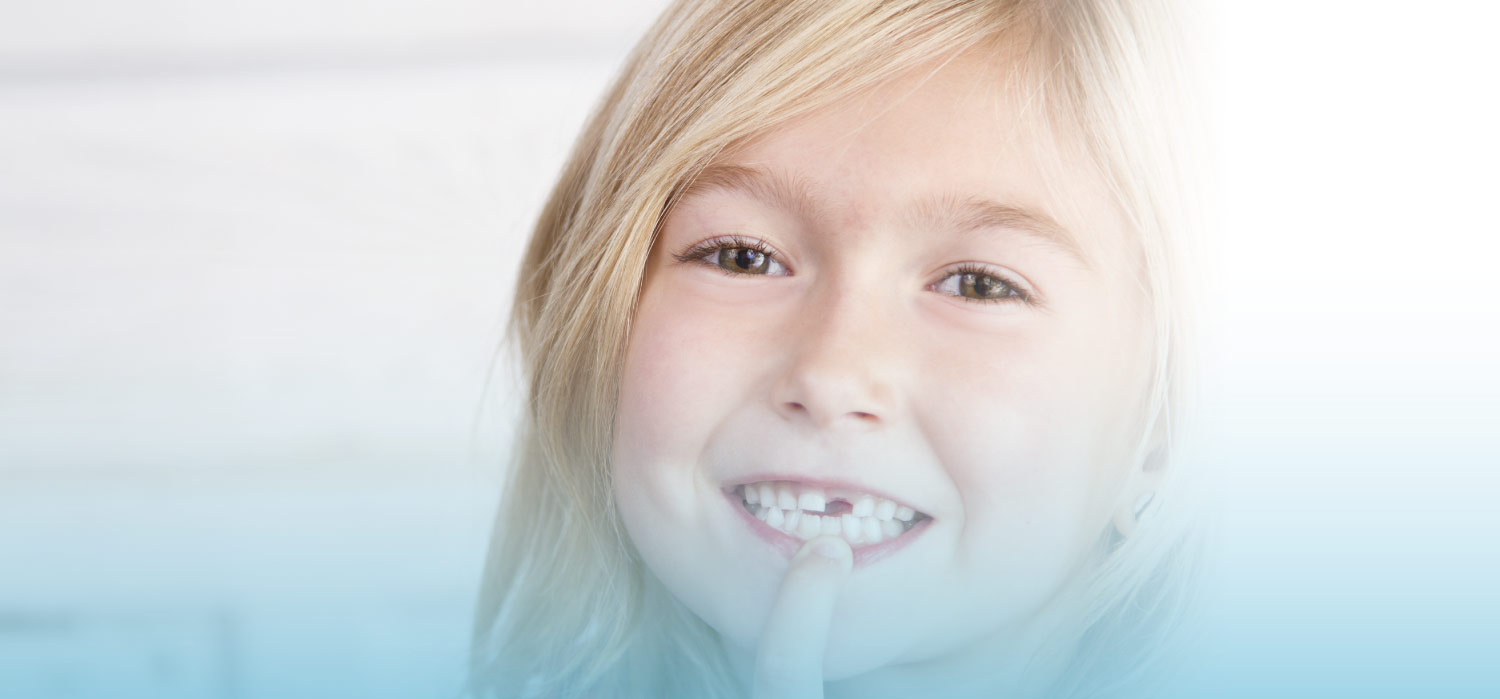Every child knows that the tooth fairy is a magical creature that appears at night, takes the child’s recently lost tooth and replaces it with money, but this is a fairly recent adaptation of the tale. The mystical spirit with endless finances for baby teeth is just one tradition evolved from centuries of folklore that all come down to one truth… baby teeth are important!
Once Upon a Time: The Story Behind the Tooth Fairy
The story behind the tooth fairy started with a mouse. In the earliest tales, parents would place the child’s lost tooth in a mouse hole or nest. The belief was that the mouse would take the tooth so that the child’s adult teeth would then grow as strong as the mouse’s.
Many cultures practice different rituals pertaining to the disposal of baby or primary teeth. In historical Europe, parents told their children to either bury their lost teeth in the garden or burn them in the fire, and by doing so, they would have a good afterlife. Other traditions across the world have included throwing the primary teeth at the sun or over the roof and wearing the lost teeth as a necklace of protection.
The story of the tooth fairy persists today to help children feel confident in themselves as their bodies’ grow and change. The loss of teeth can be traumatic for a child, but the thought of a magical fairy flying into the room, taking the teeth and leaving money or a small gift for this milestone is pleasant, and it gives children something to look forward to after the loss of each tooth.
How Early Should the Tooth Fairy Begin Visiting?
Children start losing their baby teeth between the ages of six and seven, and the last baby tooth should fall out around the age of 12. Some children may start losing their teeth as early as four years of age. While this is early, there is usually no cause for concern.
Why Baby Teeth are Valuable
Baby teeth are vital to your child’s oral development and overall health. They help your child learn how to chew and swallow. They are essential in helping your child learn how to talk and annunciate their words, and they can help your child learn how to take care of their teeth and guns through proper oral hygiene.
Baby Teeth Help the Adult Teeth Emerge Correctly
The primary teeth also provide the path for the adult teeth. When your child’s teeth become loose, it is because there is an adult tooth emerging behind it, and that adult tooth will emerge in the same spot as the baby tooth, providing the baby tooth wasn’t lost early. If a child loses his or her baby teeth early, it can result in twisted or crooked adult teeth that will need to be straightened and aligned with braces.
Oral Care for Infants
While your child is an infant, it is important to wipe your baby’s gums with a clean piece of gauze or soft cloth that has been dipped in plain water once a day, usually before the baby is put to bed for the night. This helps remove any residual formula that may be left on your baby’s gums and could contribute to early gum disease.
When to Brush Baby’s Teeth
Your child should receive his or her first tooth around six months of age. As soon as this tooth emerges, you can start brushing your baby’s teeth with a soft cloth or piece of gauze dipped in water or an oral hygiene product that has been designed for the cleaning of infant gums and teeth. As more of your child’s teeth emerge, you can start using a soft bristled brush and plain water twice a day to clean your child’s teeth and gums. Once your child reaches three or four years of age, you can start using a pea-sized amount of children’s toothpaste to clean your child’s teeth. Around the ages of five or six, you should start letting your child brush his or her teeth supervised, and around the age of 11, your child should be able to brush his or her teeth by themselves.
Your Child’s First Dental Appointment
You should schedule your child’s first dental appointment as soon as his or her first tooth emerges. This allows our dental to examine your child’s mouth to determine if the gums, teeth, and jaw are developing correctly and to answer your questions on your baby’s oral health and how to keep the emerging teeth and gums healthy. After the first appointment, you should schedule follow-up appointments about every six months.
Regular visits to the dentist as well as good oral health habits will assure that your child remains strong, healthy, and “valuable to the Tooth Fairy.”
Triangle Dentistry located in Raleigh, NC provides a state-of-the-art facility that offers exceptional general dental and specialty services guided by empathy of patients needs and desires. Services range from dental crowns and implants to veneers and whitening procedures. For further information, questions or to schedule an appointment, contact the office at (919) 747-3592.
